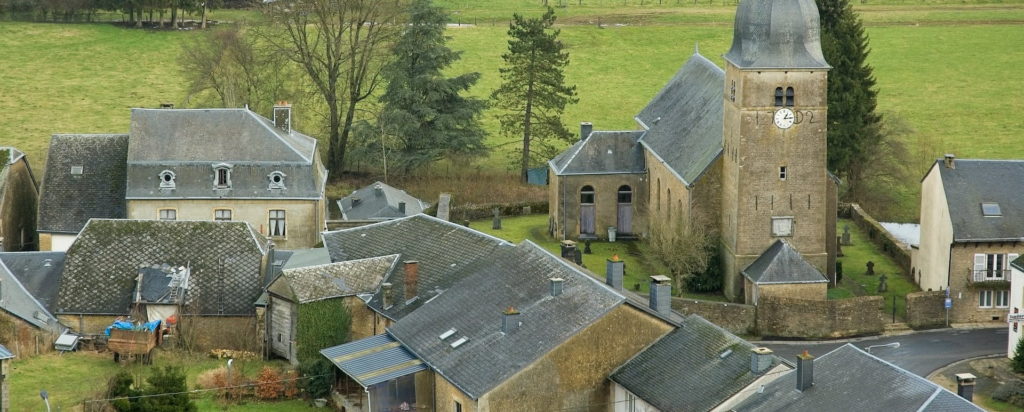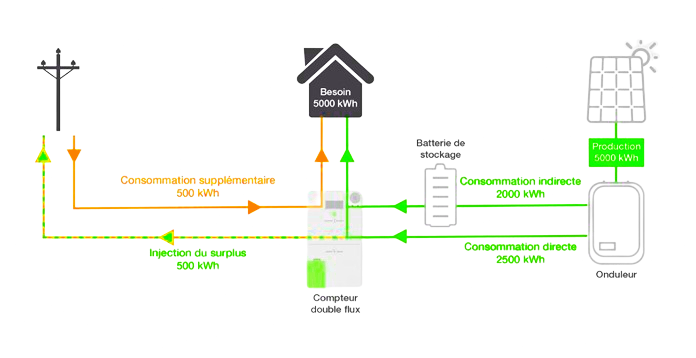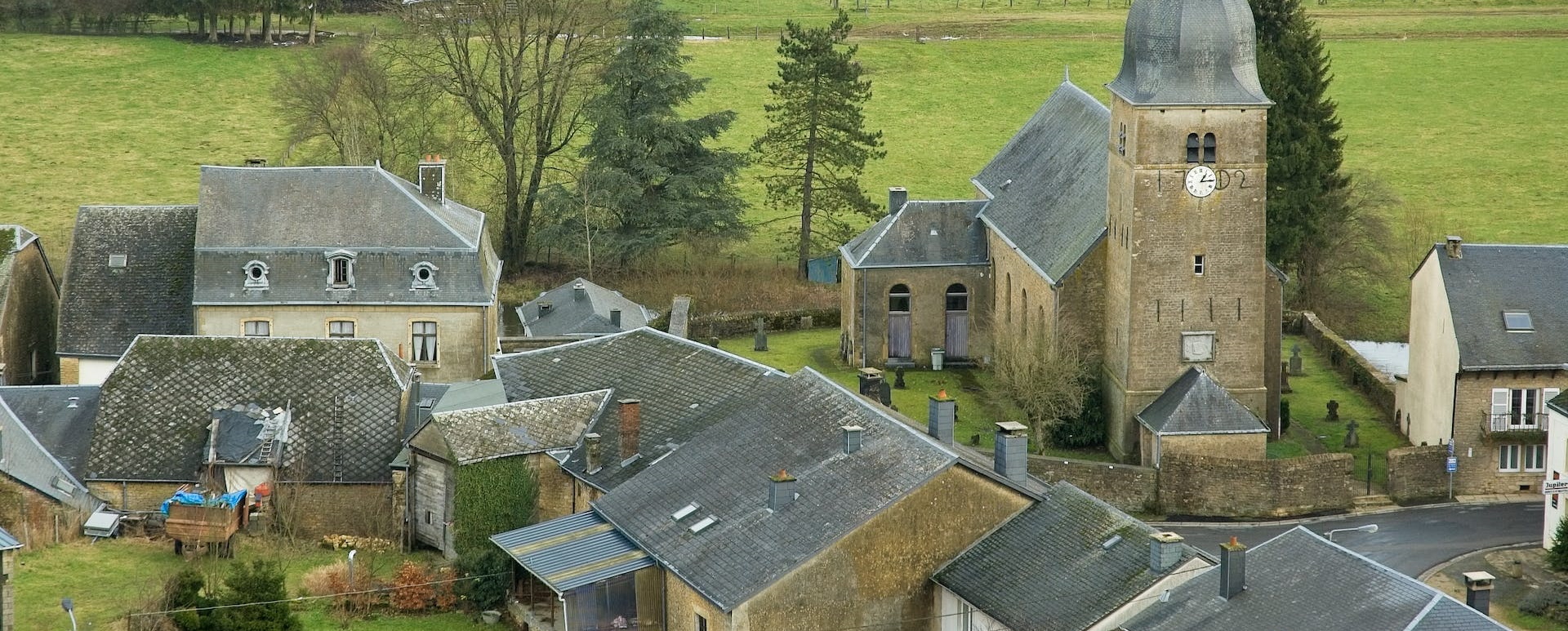In Wallonia, investment in photovoltaic solar panels has long been encouraged thanks to a compensation system using the classic meter that "turns upside down". However, from January 1ᵉʳ, new legislation comes into force, bringing significant changes for those wishing to invest in a photovoltaic system.

1. Regime change in 2024: dual-flow meters and self-consumption
On January 1, 2024, Wallonia implements a European directive that prohibits the right to any form of compensation with the meter "running backwards" anywhere in Europe beyond December 31, 2023. Instead, every photovoltaic electricity producer will have to replace their meter with a dual-flow meter, which will account separately for the injection and withdrawal of electricity.
Some of the electricity generated by the new facilities will therefore be consumed directly at the customer's premises (referred to as instantaneous self-consumption), with the surplus fed into the grid and measured separately. The good news is that what is injected into the grid can be sold to its supplier, at the price of the injection tariffs published by the supplier. A prosumer will therefore receive a two-part invoice.
Wallonia follows in the footsteps of Flanders and Brussels, which implemented the directive several years ago. Exception: installations commissioned before December 31, 2023 will still be able to benefit from the "reverse flow" meter, subject to payment of the flat-rate prosumer fee, until the end of 2030.
2. Difference between 2023 and 2024: lower profitability but still attractive
The switch to dual-flow metering has implications for the profitability of solar panel investments. The payback period will be slightly extended, generally between 5 and 8 years for quality installations (compared with 3 to 6 years previously).
Given that the target life of a plant is around 25 years, this t remains attractive despite changing legislation . Energy cost trends will continue to favor this option. The proof: Flanders is the leader in terms of residential photovoltaic production, while dual-flow meters have been mandatory there since 2021.
3. The need for dual-flow meters and their positive aspects
The elimination of the inverted meter has a number of objectives: to stimulate self-consumption to relieve the saturated electricity grid during sunny periods, and thus limit inverter stalling; to monitor the distribution of consumption across the entire grid more closely, so as to manage it more effectively; to encourage energy sobriety by not encouraging the rebound effect that is possible thanks to the compensation system ("I produce too much, so I'm going to consume more"); to better invoice grid usage costs between prosumers and consumers who don't have panels, etc.
Dual-flow meters are considered essential:
- To measure electricity production from renewable sources
- To help you manage your consumption
- To ensure better visibility of how electricity is consumed and produced
- And to contribute to the sustainability and efficiency of the global energy system
Wallonia is adapting to a changing energy landscape by adjusting its legislation around photovoltaic solar panels. While the reverse meter is disappearing, the investment outlook remains favorable, with a growing emphasis on self-consumption.
An often overlooked aspect is social justice

In a compensation system, with no dual-flow meters or prosumer fees as before 2020, citizens without solar panels were forced to contribute disproportionately to improving the Walloon electricity grid, while owners of solar panels made no contribution at all (0 kWh consumption = €0 grid costs). This did not take into account their actual use of the network in both directions. To ensure economic equity, a prosumer fee proportional to the power of the installation has been introduced. since 2020, but this did not take account of the actual rate of self-consumption.
The implementation of dual-flow meters in Belgium has not been without its pitfalls, raising concerns about privacy, data security and other aspects of smart meter technology. However, despite these concerns, these meters continue to be deployed as part of initiatives to make the Belgian energy system smarter, more sustainable and, above all, fairer for all grid users. This includes those who contribute to overall grid improvements, even if they don't own solar panels.
4. How can I get the most out of my system with a dual-flow meter?
Despite the slightly reduced profitability, there are ways to optimize return on investment. A transition to self-consumption and the use of batteries to store the energy produced are recommended (see regional battery stations for an entire city). These adjustments will maximize the use of the renewable energy produced and contribute to grid stability. Intelligent self-consumption and energy management strategies can help reduce payback times, making the installation of solar panels more financially attractive.
Self-consumption solutions include :
- Reduce your consumption: the cheapest energy is the one you don't use.
- Replace energy-guzzling appliances: LED bulbs (10 x less consumption!), A+++ appliances, etc.
- Change consumption habits: consume during production hours
- Heat water with a thermodynamic boiler, to store electricity in the form of heat and consume less gas or fuel oil.
- Sharing energy in an energy community
- Two-way intelligent car charging (not yet available in Belgium)
- Storing excess energy in a battery
Wallonia must adapt to a changing energy landscape by adjusting its legislation around photovoltaic solar panels.
Are you interested in a profitability study for your photovoltaic system?
Don't hesitate to for a free, detailed quotation!

